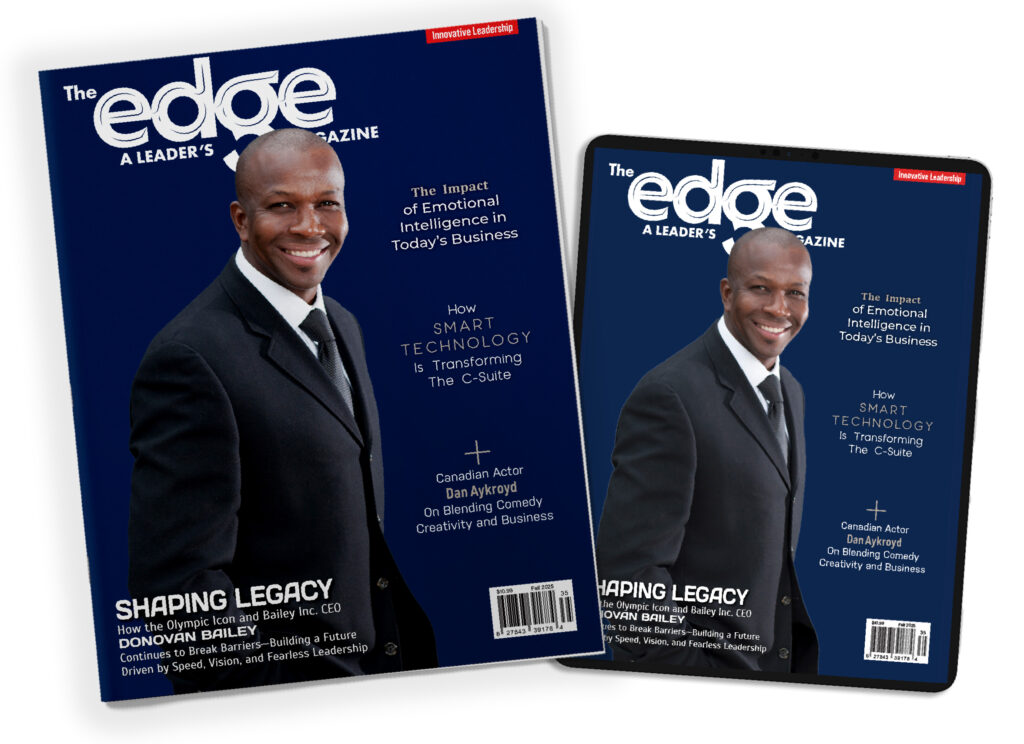People look to leaders for guidance and help. There must be equality and respect in order to achieve this goal. But at what cost? There is a great deal of skills that is required for leading a business/team of people, and they need to be put into effect in a proper manner. There are many leaders that come to mind, but let’s look at this list of 10.
- Henry Ford: A great leader, Ford pioneered the Model T. People started driving cars to work, increasing start times and doing job without being fatigued from walking or riding a slow carriage. Cars are the turning point in the workforce, creating a new age of industrial jobs and travelling in short amounts of time. It is astounding that such a simple concept we use today started off as a new-age technology that Ford promoted and created, an effective business skill. He knew the future of travel depending on engines and wheels, and he created just that.
- Steve Jobs: Having a smartphone these days means you have the digital world at your fingertips (literally). The pioneer behind the most popular smartphone, the iPhone, is known as launching the first version in 2007, and continuing it, decade after decade. In this sense, Steve Jobs reinvented the cellphone, adding features that we use daily to this day. Jobs’ skills was how he knew that the mobile phone industry was a potential profit that could use ‘renovations,’ and he knew exactly what to incorporate into his inventions; observe and ponder on what the market people want and bring it to light. That is all that is needed for success.
- John D. Rockefeller: The first billionaire in the world, Rockefeller allowed for the oil business to rise into the coming, 20th century. ‘Black gold’ as oil is known, Rockefeller knew just how to manage and manufacture such a valuable resource that has been used for centuries. The skill here is recognizing a potential business as a golden opportunity, especially with the rise of gas-powered vehicles. Recognizing a golden opportunity is all it takes to be successful.
- Walt Disney: Children have entertainment needs and Disney opened the market for children’s media by becoming a creative animator, revolving around children’s cartoons. Not only is his content appealing to both children and adults, but he knew the method to convey emotional and interesting stories through his company. Disney is known to re-invent classic tales in their own version, usually happy endings, and this is why the company has become a media empire. In fact, Disney is continuing to purchase and absorb media franchises, acknowledging the skill of unparalleled storytelling.
- Bill Gates: The Microsoft founder, Bill Gates, knew that computers were the dominant working tool for the future, so he started creating PC software, a competitor for Apple. During the 1990s, the rise of the Information Age was causing a shift in technology and the need for easy-to-use software. All it takes is an idea in relation to a rising technology trend, like computers and laptops, as well as having business competencies, like Bill Gates.
- Warren Buffet: The Buffet method is a tactic named after Warren Buffet, one of the world’s most famous investors. His titular method revolves around investing in a few stocks of well-managed and reputable companies, holding high shares. The real skill here is paying attention to the financial market and keeping track of potential stock rises. Also remember his quote, 70 to stocks, 30 to bonds and income-assets, and you will be ready to invest.
- Jeff Bezos: If you look up Amazon’s first office, you’d be surprised: it was a small room, the size of a house’s living room. Yet, it has grown into one of the world’s largest corporation, with customers buying daily items from this online market. The main skill Jeff Bezos used here was keeping his vision in mind; he started off small, but continued marketing Amazon as a watershed point in online shopping. Always continue your goal.
- Elon Musk: A man who defined the odds, Elon Musk is known for his innovative ideas and ‘out of this world’ thoughts – literally, as he founded SpaceX. Before he started SpaceX, he came up with X.com, which later became PayPal. Musk knew the rise of online money transfer and economics, so he decided to make an international-known platform that can help regulate and convert currency. The fact that he let go of such a successful platform proves he cares more about continuing his entrepreneurial adventure, especially in relation to space exploration, is very inspiring. He needed to get his foot in the door in relation to engineering and making a name for himself as a successful programmer. Patience is the main skill used here, as Musk knew to slowly build his credentials before embarking on a space quest.
- Jack Ma: A truly inspiring businessman, Jack founded AliBaba Group, a team of online companies. Before he started at Hangzhou Teacher’s Institute, he was rejected many times from various institutes and later, from about 30 job interviews. Did that break his spirit? No, he continued on and returned home, creating a small website. It slowly grew, and performed the largest IPO in history! AliBaba Group is now famous for business-to-business marketplace, internationally.
- William Randolph Hearst: He brought a new age to the print industry. The concept of ‘yellow journalism’ is associated with him, realizing the potential of eye-catching titles and intriguing illustrations. The simple skill Hearst used here was creativity – simple, yet effective in capturing the public’s attention, through thrilling words, turning a title into a ‘hook’ to captivate interest. It is the thrill of sensation and uncommon taboo subjects that draws people in to print, such as sex, scandals, and violence. And yellow journalism remains a common method to this day.
Babak Eslami | Writer




















